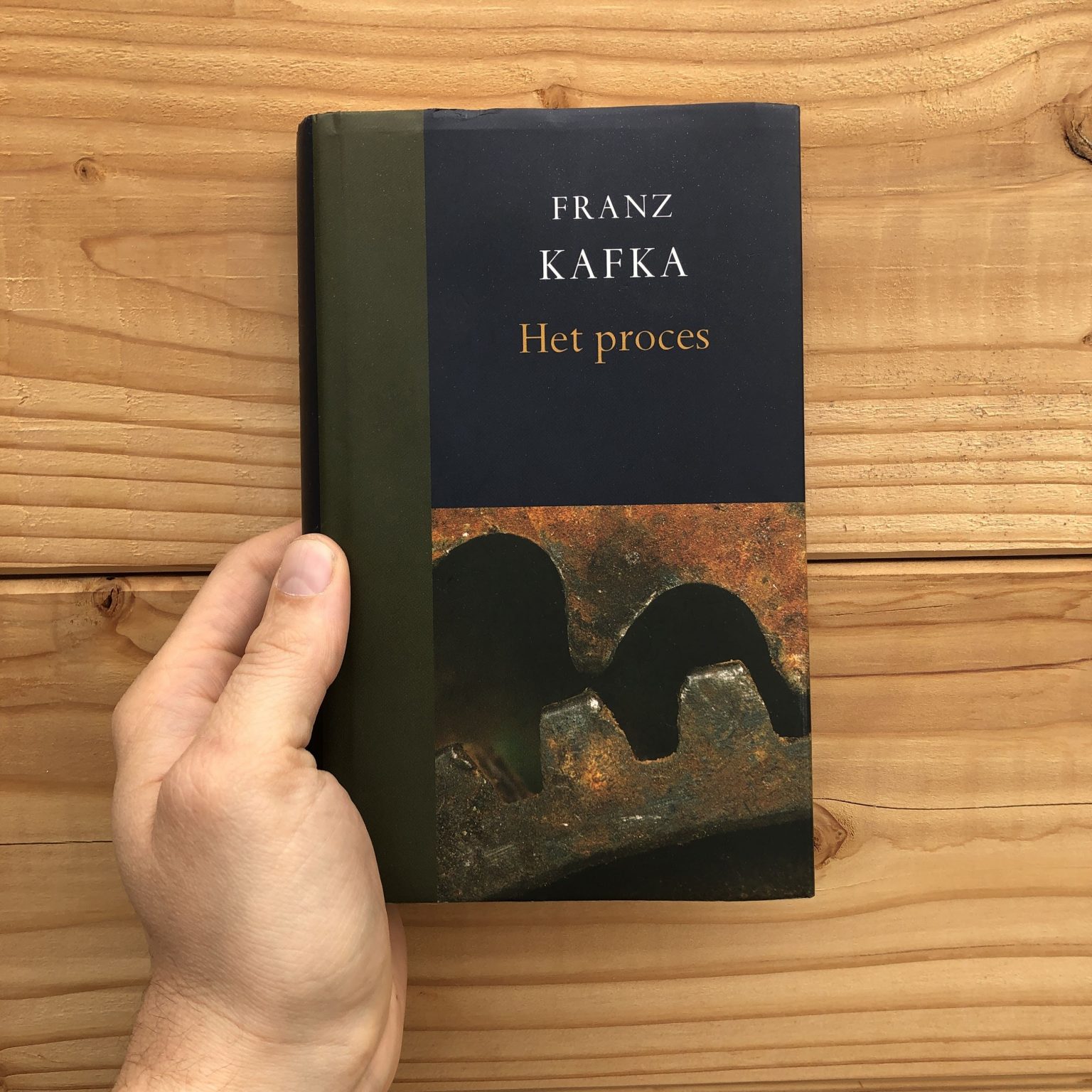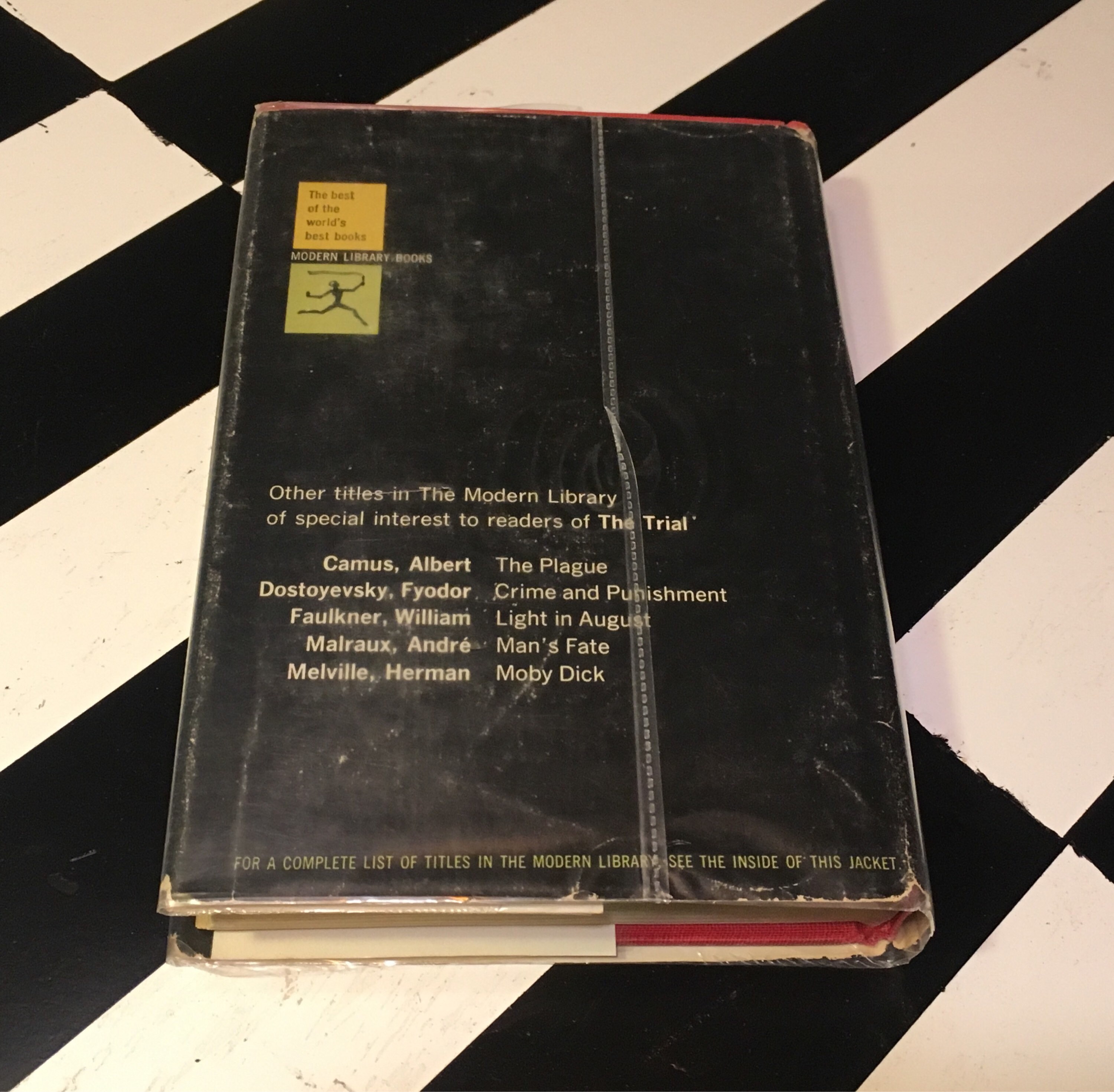

Similarly, many people who have never read Kafka believe that The Trial is a dark dystopian work, but that reveals only part of what the novel is about.

He has liberated his own mind by confronting the absurdity of his situation, and can view it with the appropriate contempt and good humour.Īlthough for many people Camus is all posing in overcoats and looking world-weary and miserable, this is a fundamental misunderstanding of the grim comedy and stoicism that underscores his reading of the myth of Sisyphus. When Sisyphus sees the stone rolling back down the hill and has to march back down after it, knowing he will have to begin the same process all over again, Camus suggests that Sisyphus would come to realise the absurd truth of his plight, and treat it with appropriate scorn. However, for Camus, there is something positive in Sisyphus’ condition, or rather his approach to his rather gloomy fate. This might describe any of Kafka’s protagonists, whether Gregor Samsa of ‘The Metamorphosis’, Josef K.

Such is the life of modern man: condemned to perform the same futile daily rituals every day, working without fulfilment, with no point or purpose to much of what he does. is on trial for some unspecified crime, but Kafka’s novel exposes the absurd ways in which all life is a continual trial, ‘trying’ us by testing and challenging us, tempting us to commit things we shouldn’t and making us feel guilty even when we’re not sure precisely what we have done to feel such guilt.Īll of this is tragic and hopeless, anticipating the dystopian futures of people like George Orwell but also the absurdist and existentialist writing of someone like Albert Camus, whose 1942 essay ‘ The Myth of Sisyphus’ is an important text about the absurdity of modern life.įor Camus, Sisyphus is the poster-boy for Absurdism, because he values life over death and wishes to enjoy his existence as much as possible, but is instead thwarted in his aims by being condemned to carry out a repetitive and pointless task. In a sense, the English title by which Kafka’s novel is known, The Trial, conveys something of the double meaning of the original German title, Der Process: Josef K. And Kafka is a comic writer, although he finds humour in the most tragic and unpromising situations, such as the sinister arrest of a man who has apparently done nothing wrong, and his subsequent execution.


 0 kommentar(er)
0 kommentar(er)
